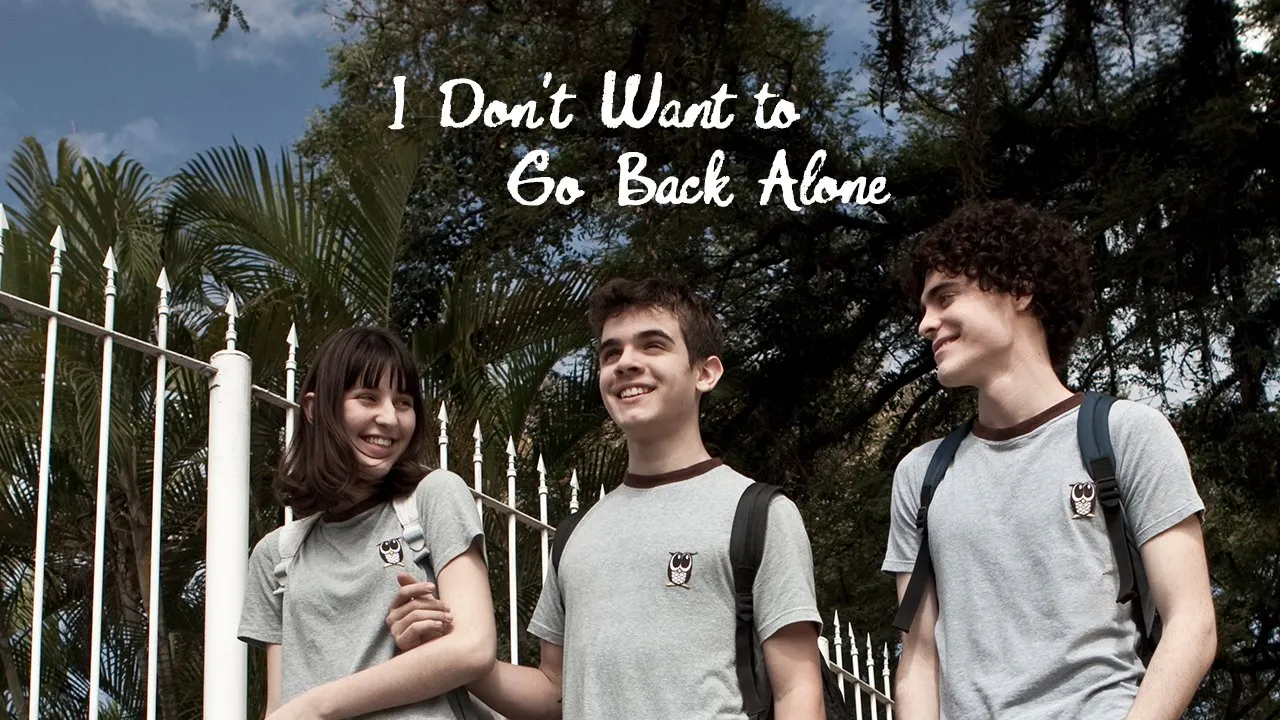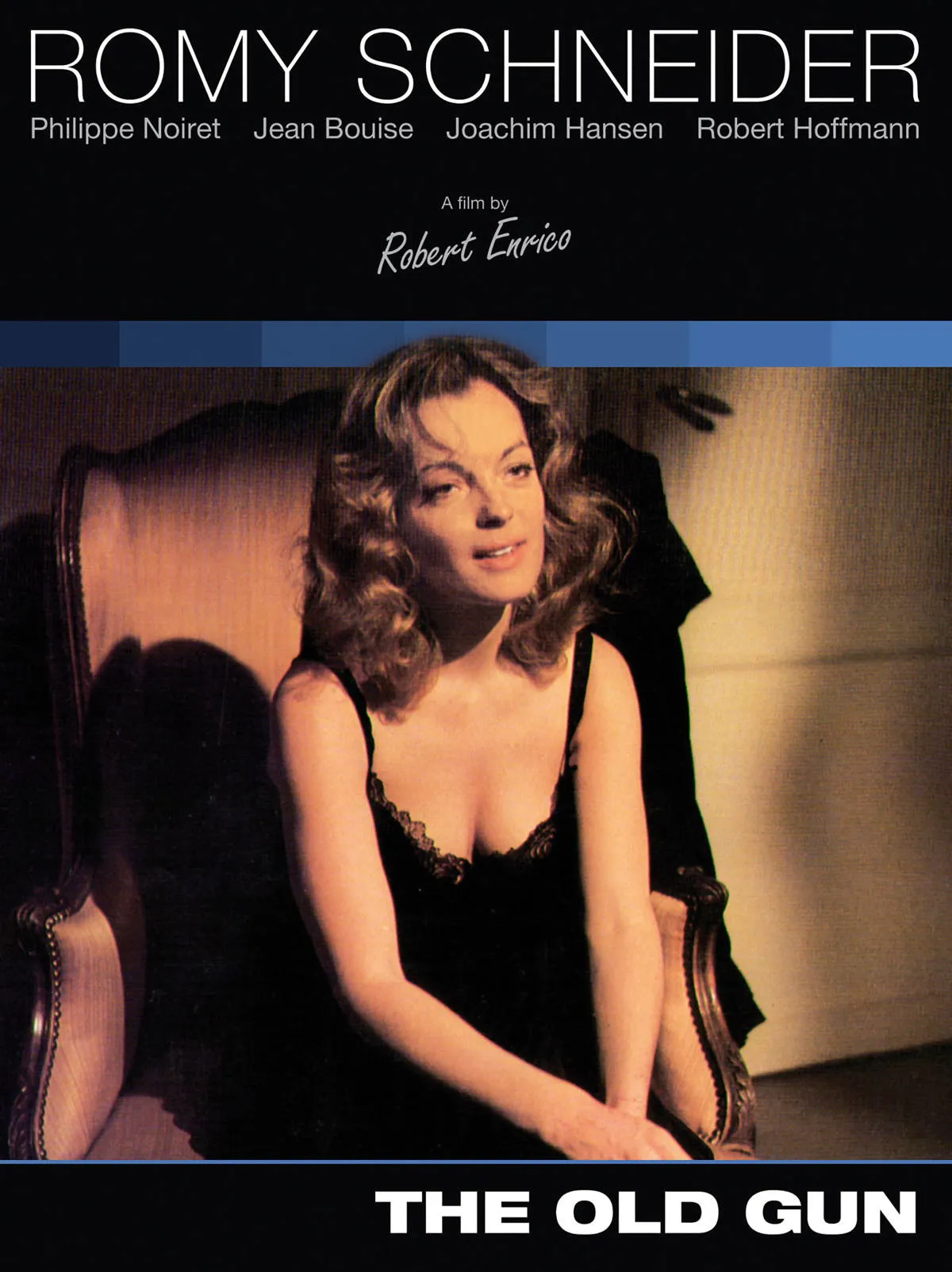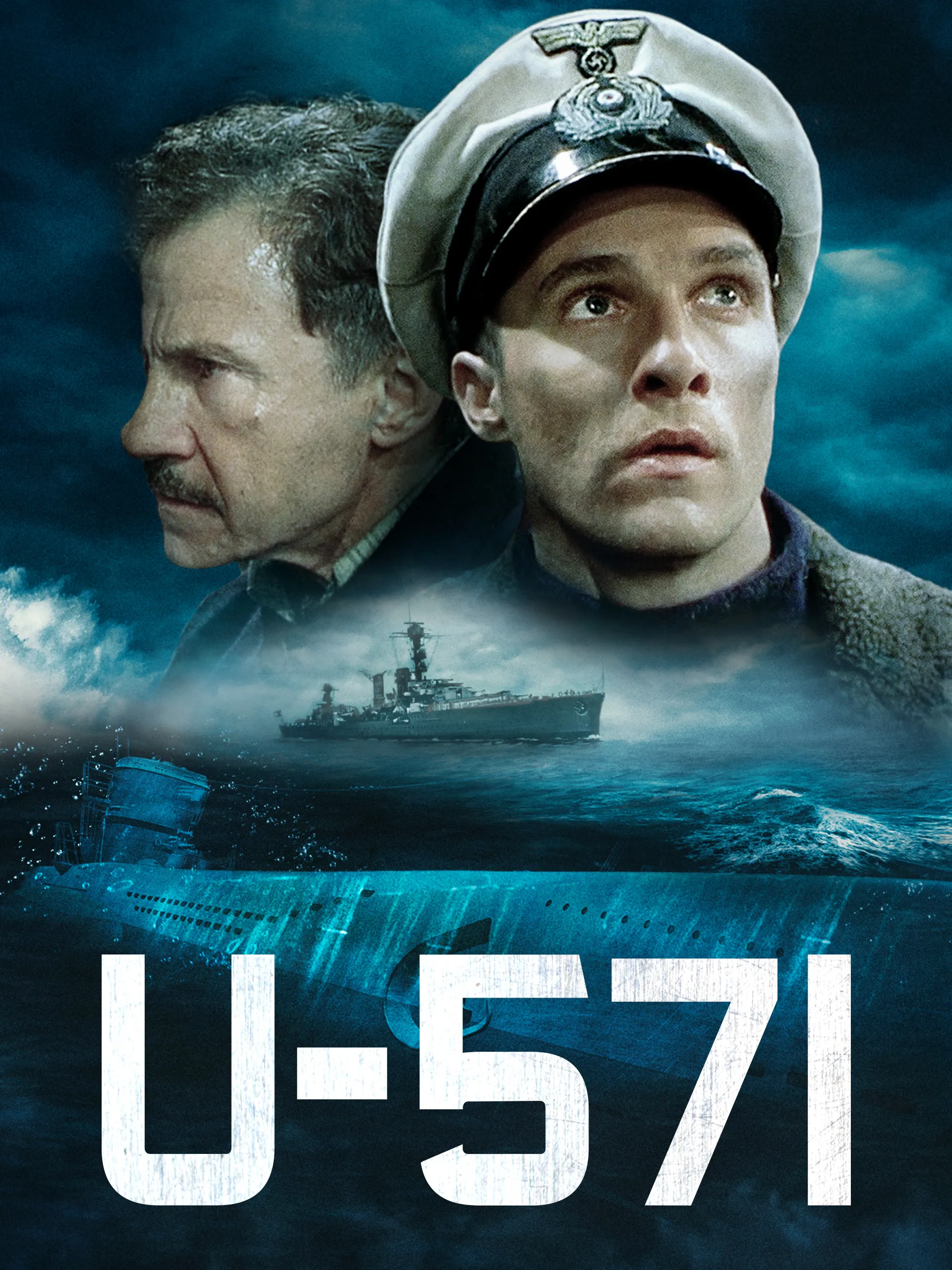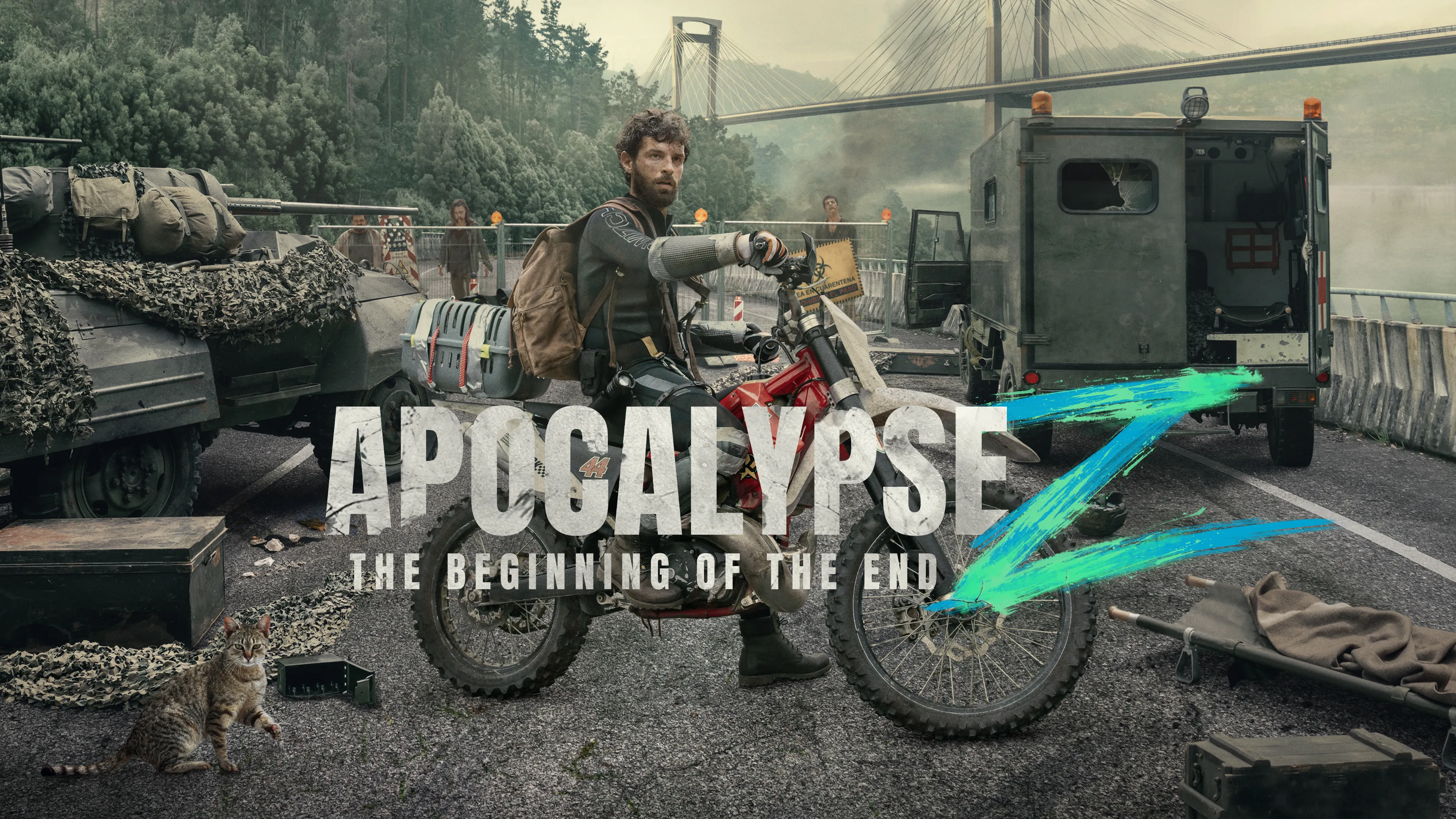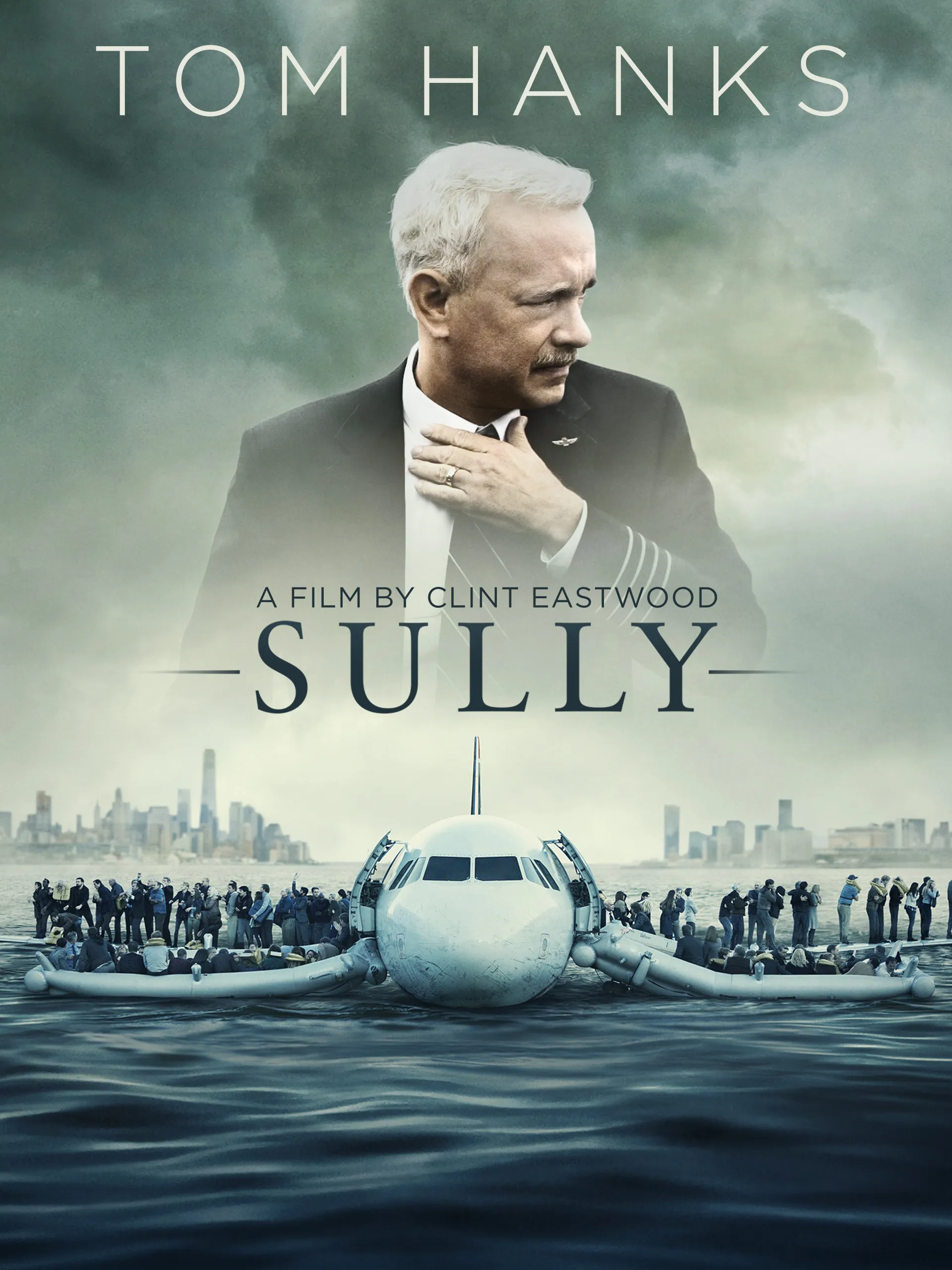I Don’t Want to Go Back Alone (2010) is a tender and quietly powerful Brazilian short film written and directed by Daniel Ribeiro. In just 17 minutes, it manages to beautifully capture the complexities of adolescence, friendship, disability, and the awakening of first love. With subtle performances and a heartwarming tone, the film has become a standout gem in LGBTQ+ cinema.
The story centers on Leonardo, a blind teenager who is trying to carve out his own sense of independence while navigating the world around him. His closest companion is Giovana, his loyal best friend who walks him home from school every day and helps him feel seen in a world that often overlooks him. Their bond is gentle and familiar, a comforting part of Leo’s daily routine.
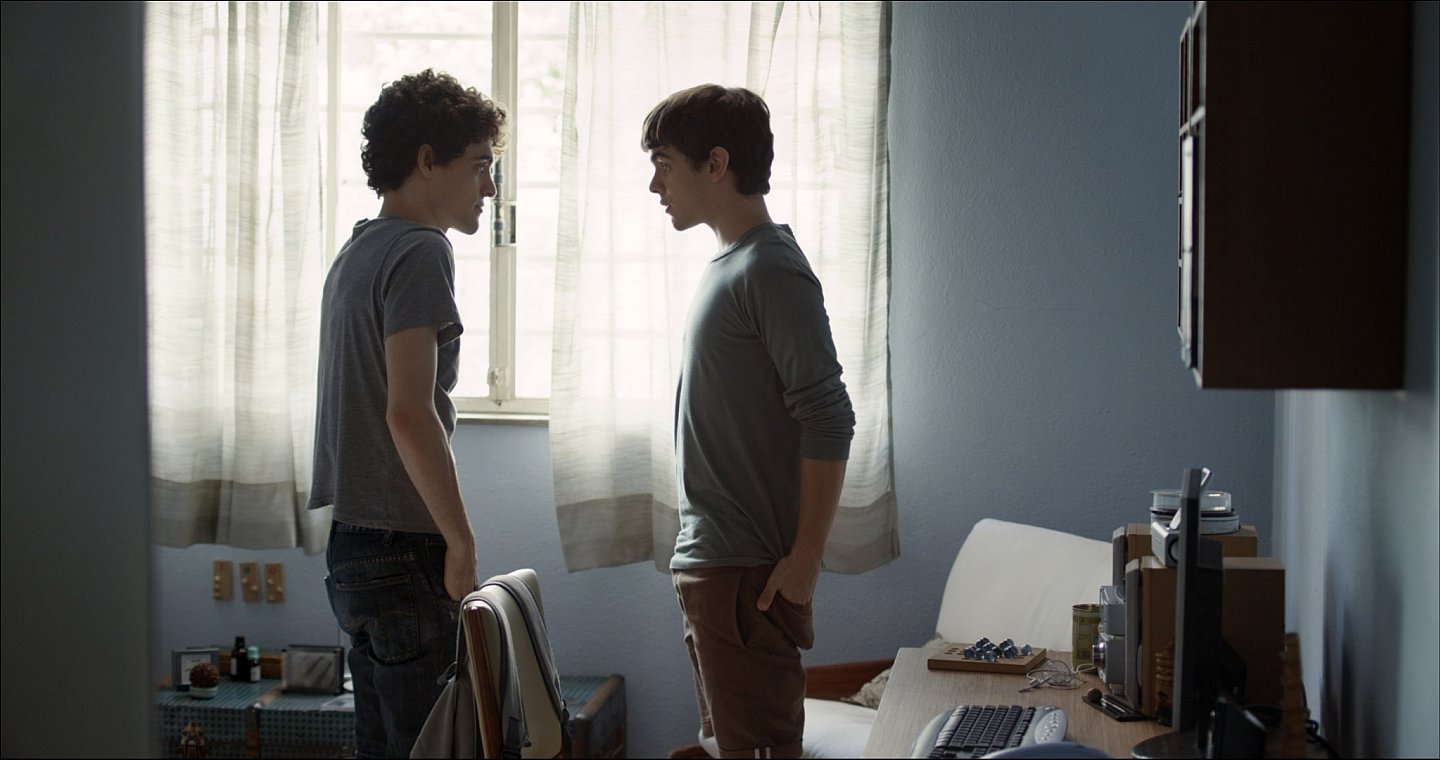
Everything begins to shift when Gabriel, a new student, enters their classroom. Gabriel is warm, friendly, and open-minded — and his presence gradually disrupts the dynamic between Leo and Giovana. As Gabriel and Leo grow closer, subtle changes in their interactions begin to reveal deeper, unspoken emotions.
What makes the film so compelling is its quiet intimacy. There’s no grand drama or exaggerated conflict. Instead, Ribeiro builds emotion through soft dialogue, lingering glances, and moments of silence that say more than words ever could. It’s a story about feelings that don’t need to be shouted to be deeply felt.

Leo’s blindness isn’t portrayed as a limitation but rather as an intrinsic part of who he is. This perspective allows the film to focus on his emotional world, highlighting how desire, connection, and longing transcend the visual. It challenges assumptions about disability and queerness without ever feeling like a lesson — only a slice of real life.
The performances are natural and deeply authentic. Ghilherme Lobo, in the role of Leonardo, brings vulnerability and subtle strength to the character, while Fábio Audi as Gabriel radiates warmth and sincerity. Their chemistry unfolds gently, creating a slow-burn connection that feels honest and heartfelt.
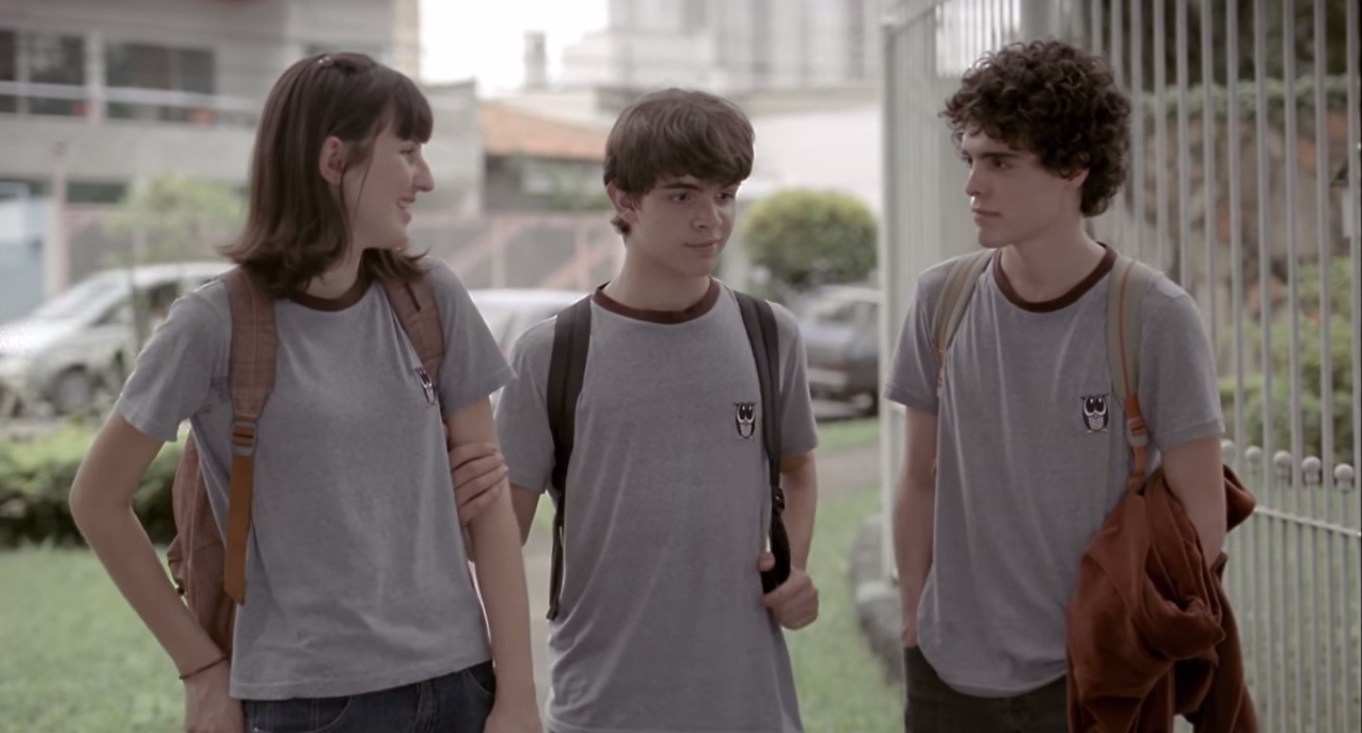
At its core, I Don’t Want to Go Back Alone is a story about discovering who you are and who you love — and how frightening and exhilarating that realization can be. It captures the innocence of a first crush and the inner turmoil of wanting to be accepted without having to change.
This short film gained widespread acclaim and was later expanded into the feature-length film The Way He Looks (2014). But even in its original short form, I Don’t Want to Go Back Alone remains unforgettable: a soft, beautiful, and deeply human portrait of love in its earliest bloom.
